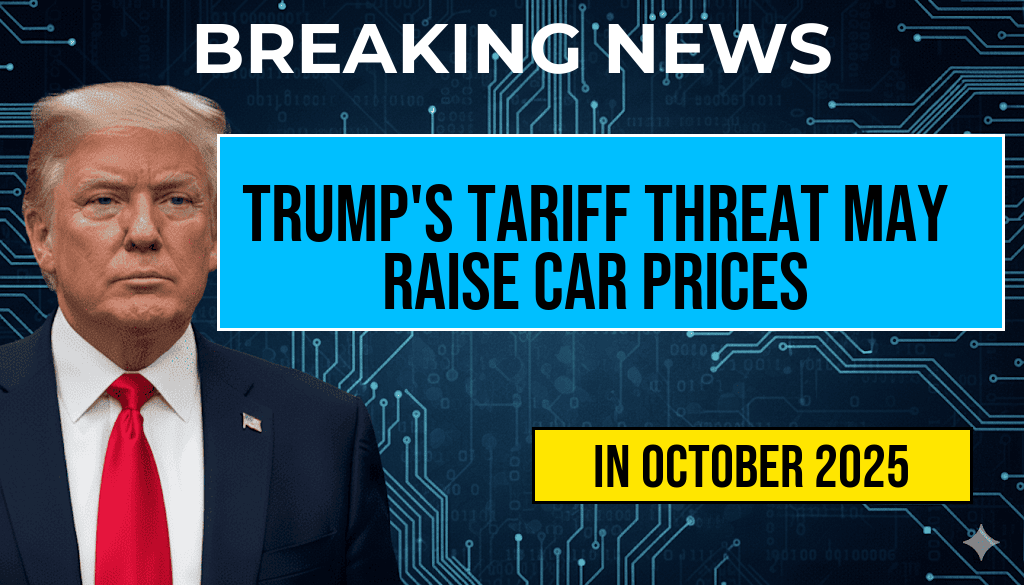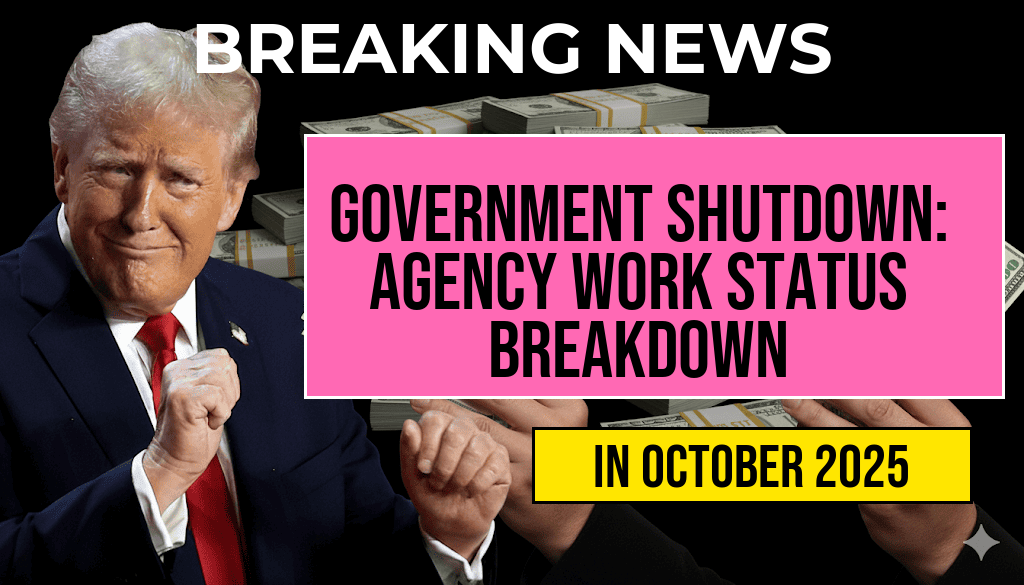The looming government shutdown has raised significant concerns regarding the functionality of various federal agencies. As Congress grapples with budgetary disagreements, millions of Americans are left wondering which services will continue and which will come to a halt. Essential services like Social Security and the IRS are expected to operate under limited capacity, while others such as defense operations and the Transportation Security Administration (TSA) face disruptions. This article provides a comprehensive breakdown of which federal agencies will remain operational and which will be affected during the shutdown, helping citizens navigate the uncertainty of government services.
Key Agencies and Their Operational Status
| Agency | Status | Notes |
|---|---|---|
| Social Security Administration | Operational | Benefits distributed, but new applications may face delays. |
| Internal Revenue Service (IRS) | Limited | Tax processing continues, but customer service is reduced. |
| Department of Defense | Operational | Military personnel continue to be paid; non-essential staff may be furloughed. |
| Transportation Security Administration (TSA) | Operational | Airports remain open, but staffing may be affected. |
| National Park Service | Closed | All national parks will be closed to visitors. |
Details on Affected Services
Social Security Administration
The Social Security Administration (SSA) will continue to process existing benefits, ensuring that millions of retirees and disabled Americans receive their payments. However, the processing of new applications, appeals, and other services may experience significant delays as the agency operates with limited staffing.
Internal Revenue Service
While the IRS is technically operational, the agency’s capacity to assist taxpayers will be significantly reduced. Tax processing will continue, but services such as phone assistance and in-person visits will be limited. This may lead to longer wait times for tax-related inquiries, affecting both individuals and businesses.
Department of Defense
The Department of Defense (DoD) remains largely unaffected by the shutdown, with military personnel continuing to receive their paychecks. However, certain operations and support staff may be placed on furlough, impacting various non-critical programs. This ensures that national defense remains a priority, even amid budgetary constraints.
Transportation Security Administration
The TSA will continue to staff airports and conduct security screenings, crucial for maintaining air travel safety. Nonetheless, the agency has warned that staffing shortages may lead to longer wait times at security checkpoints, potentially disrupting travel plans for many passengers during peak travel periods.
Other Agencies Affected by the Shutdown
Several other federal agencies will also experience varying levels of disruption. Below is a brief overview:
- National Park Service: All parks will be closed, impacting tourism and local economies.
- Environmental Protection Agency (EPA): Non-essential functions will be halted, delaying environmental reviews and permits.
- Department of Housing and Urban Development (HUD): Some programs may face funding delays affecting low-income housing assistance.
Impact on American Citizens
The repercussions of the government shutdown will be felt across various sectors. For many, the uncertainty surrounding essential services raises concerns about their financial stability, particularly for those reliant on federal assistance. The SSA, IRS, and other agencies play critical roles in ensuring that Americans can access necessary services and support.
As the situation evolves, citizens are encouraged to stay informed through reliable news sources and government updates. Understanding the operational status of federal agencies can help individuals and families prepare for potential disruptions in services they depend on.
For further information on the implications of a government shutdown, visit Forbes or check the latest updates on Wikipedia.
Frequently Asked Questions
What happens to Social Security services during a government shutdown?
During a government shutdown, Social Security services continue to operate normally. Payments to beneficiaries will not be interrupted, as they are funded through permanent appropriations.
Will the IRS continue processing tax returns during a government shutdown?
During a government shutdown, the IRS may have limited operations. While some essential functions will continue, tax return processing and refunds may be delayed due to reduced staffing levels.
Is the TSA affected by a government shutdown?
The TSA is considered an essential service, so it will continue to operate during a government shutdown. However, staffing may be impacted, potentially leading to longer wait times at security checkpoints.
How does a government shutdown impact defense operations?
Defense operations are generally exempt from shutdowns, meaning that military personnel and critical defense operations will continue. However, some non-essential programs may face delays or disruptions.
What should federal employees know about their status during a government shutdown?
During a government shutdown, federal employees may be classified as either essential or non-essential. Essential employees are required to work, while non-essential employees may be furloughed without pay until the shutdown ends.











